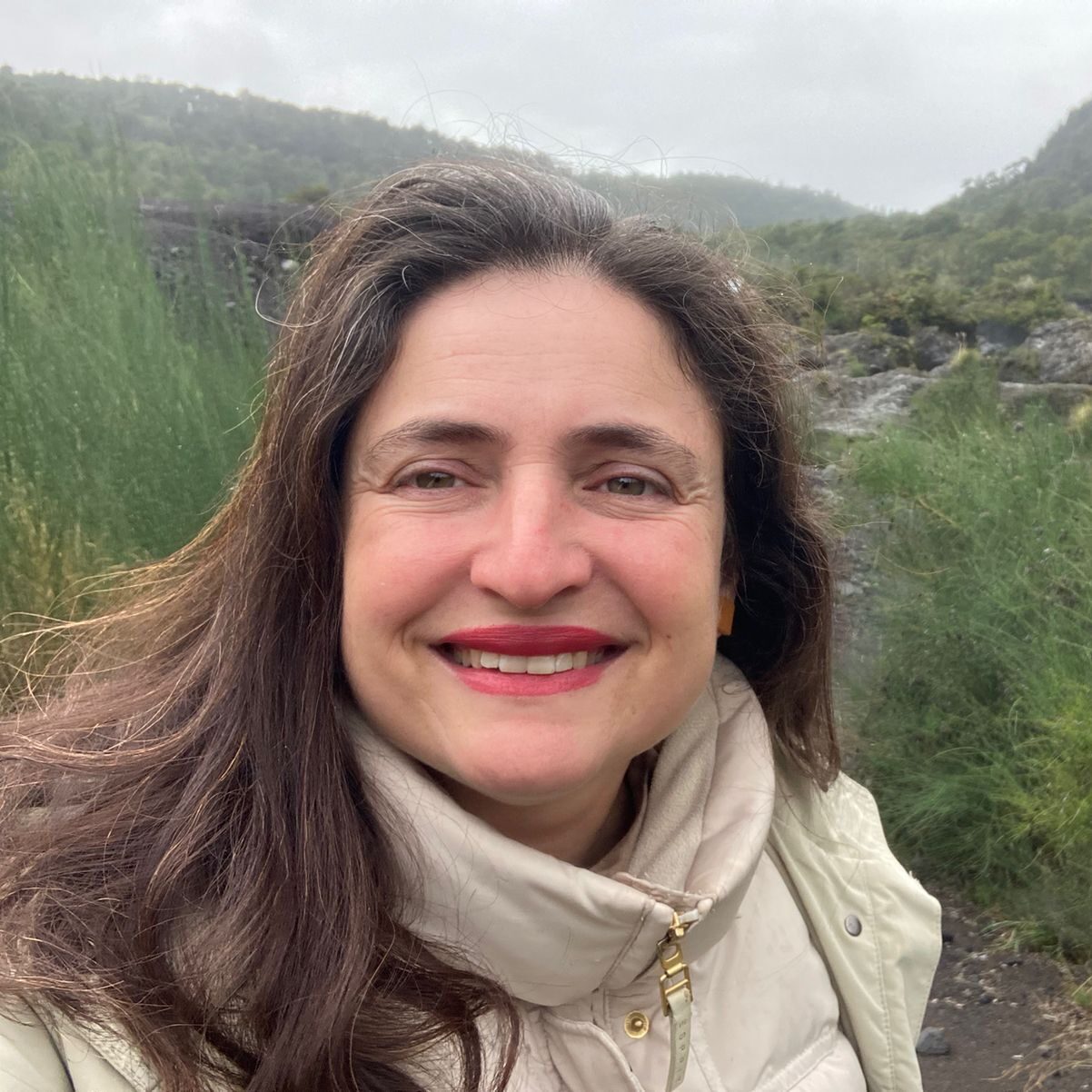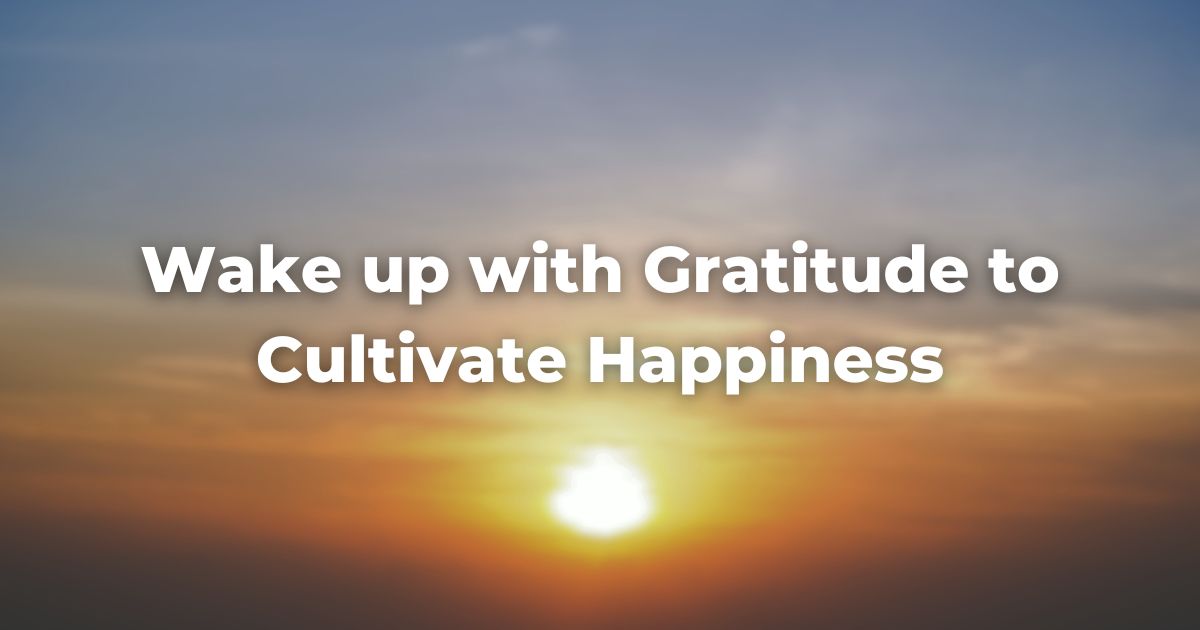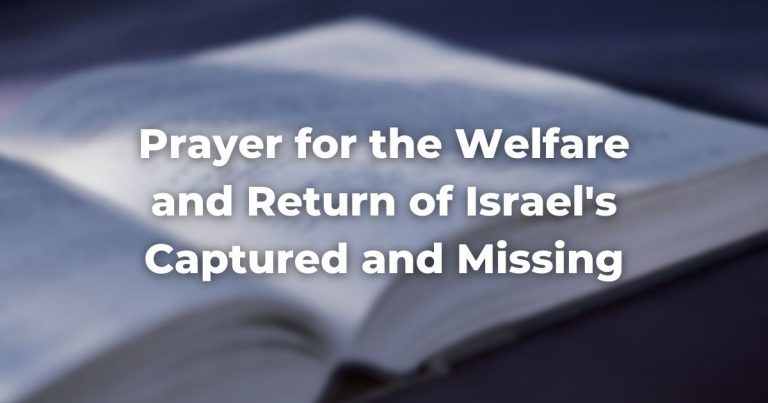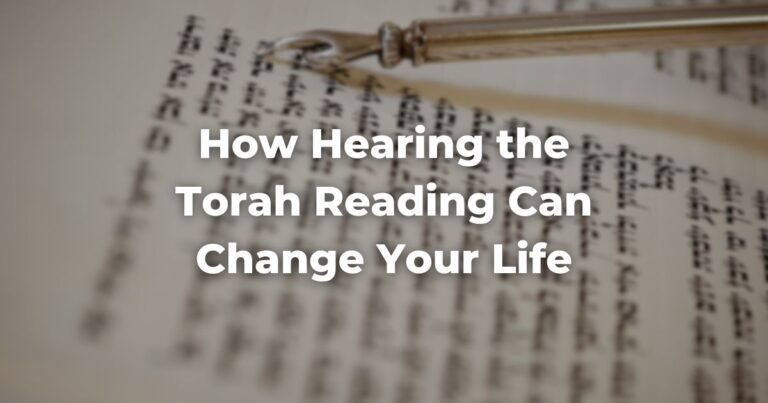Diving into Jewish ritual might be overwhelming for many, but a very short and simple Jewish prayer can contribute to improve happiness and emotional wellbeing. The invitation is to start your day with Modeh/ah Ani, the waking up prayer. According to neuroscience, after a few weeks, it should definitely improve your inner happiness.
This prayer should be said out loud as soon as you open your eyes, and if it makes it easier for you, there are several musical options to sing along.
Modeh/ah Ani reads as follows:
מוֹדֶה אֲנִי לְפָנֶיךָ מלך חַי וְקַיָּם שֶהֶחֱזַרְתָּ בִּי נִשְׁמָתִי בְחֶמְלָה רַבָּה אֱמוּנָתֶךָ
Modeh/ah ani l’fanecha, melekh ḥai v’kayam, she-heḥezarta bi nishmati b’ḥemlah, rabah emunatekha.
I thank You, living and enduring Sovereign, for Your kindness in restoring my soul. How great is Your faithfulness.
The day and night cycle
This prayer is short, but very profound, as it appeals to a deep and sincere feeling of gratitude of being alive, by the returning of our soul and our consciousness.
These words make even more sense when we look at them as part of a daily cycle. At bedtime, we recite the Shema Israel, a prayer to state the unity of G´d. Our bedtime is a call to be part of the universal energy that we call G´d. We go back to the source, we lose our individuality, while we give into our sleep as an act of faith.
Waking up should not be taken for granted, it is a gift we receive every day. In ancient times this was even more extreme, as while we sleep we are vulnerable to a number of dangers. People died of illness or age during their sleep, but also were easily murdered, killed by wild beasts or accidents, like a fire or an earthquake.
This context made this prayer so powerful, a meaningful first thought of great gratitude for waking up alive and for receiving back our individual consciousness in our body.
What science tells us
Studies show the Reticular Activating System (RAS) is a bundle of nerves located on the brain stem that spread into higher parts of the brain. It is responsible for several tasks: sleep-wake transition, wakefulness, behaviour and filtering sensory information.
This system resets itself everyday upon waking up, so our first thought in the morning will tune our attention, regulate our behaviour, and will drive our motivation. In other words, it is like a priority setting for the day, filtering other information in order to achieve the task. It requires clear and consistent instructions, but by being consistent you can train your brain to achieve certain goals.
The first description of the RAS dates back to 1949, in a research done on feline brainstems. Further research started linking it with consciousness and it is currently important to determine brain death. So we really need to be grateful to be able to activate the RAS every day for the opportunity to reset our mind on a daily basis .
The power of gratitude
Research in the field of psychology and neuroscience, have shown that gratitude is a key factor for happiness. People who are grateful experience happiness easier than others. They also are more likely to value simple things and are less likely to compare themselves with others. These attitudes improve their lives physically and emotionally, and can increase their life expectancy.
Being grateful every morning for being alive is a religious habit that can contribute to a healthier and happy life. Practicing Modeh/ah Ani is a way to respect tradition and ritual, connect the generations with one another and expand our lives into a happier and longer future. Are you ready to start your day with a prayer?
If you are interested in reading more about the link between gratitude, happiness, and science, I recommend the following resources:
Author
-

Journalist. Msc. in Anthropology. She was a fellow in the first cohort of the Exploring Judaism's Writer's Fellowship. South American Rabbinical Student in Europe. Mother of two fantastic daughters. Love to practice yoga, meditate and to cook for family and friends. Currently doing research on food & identity for Phd on Jewish Theology at Paderborn University, Germany.
View all posts




